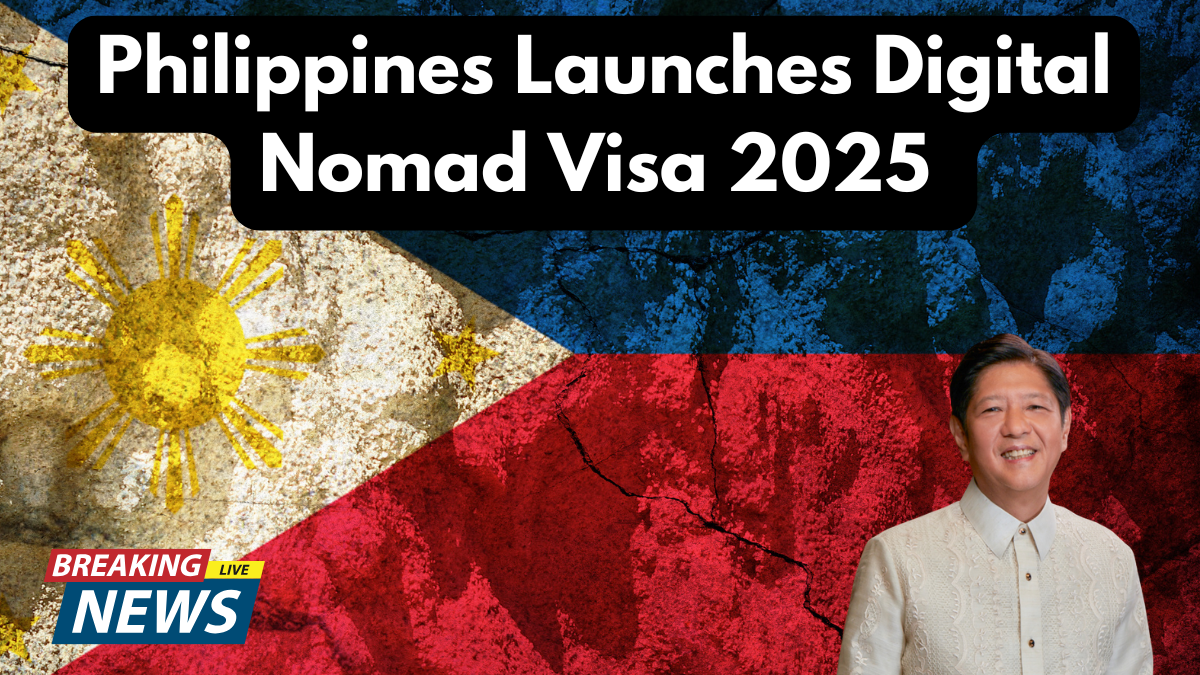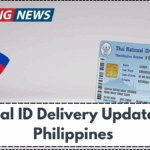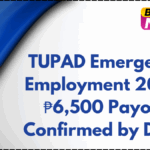The Philippines has officially rolled out its long-anticipated digital nomad visa, signaling a bold travel policy shift that positions the country as a prime hub for remote professionals in Southeast Asia. With this move, the government aims to attract global talent, stimulate local economies, and promote cultural exchange—without compromising immigration control.
The remote work visa PH opens doors for non-citizens to legally live and work in the Philippines while maintaining employment overseas. It’s a pivotal moment for both digital workers and the country’s evolving tourism and tech landscape.

Table of Contents
What the Remote Work Visa PH Offers
The new digital nomad visa provides a one-year residency option, extendable annually up to three years. Applicants must prove employment with a foreign company or own a business registered outside the Philippines. A minimum income threshold of USD $24,000 per year ensures financial self-sufficiency.
Key Benefits Include:
Feature |
Details |
|---|---|
Visa Duration |
1 year (renewable annually up to 3 years) |
Income Requirement |
$24,000 USD/year minimum |
Tax Status |
Exempt from local income tax if foreign-sourced |
Processing Time |
4-6 weeks average |
Cost |
Approx. $250 application fee + $100 annual renewal |
Unlike tourist visas, this program grants extended residency and limited bureaucracy—ideal for digital freelancers, tech consultants, writers, designers, and entrepreneurs who seek tropical backdrops without legal uncertainty.
Why the Philippines Is Now a Top Nomad Destination
Several factors make this new visa especially attractive. English is widely spoken, internet infrastructure is steadily improving, and cost of living remains relatively low compared to Western countries. Cities like Cebu, Davao, and Makati already have coworking spaces, stable internet, and growing expat communities.
Moreover, the archipelago offers more than 7,000 islands—many boasting pristine beaches, diving spots, and a warm, welcoming culture. The travel policy shift reflects an understanding that modern tourism is no longer limited to short vacations, but includes long-term lifestyle migration driven by remote work opportunities.
Eligibility, Application, and Legal Requirements
To apply, remote workers must submit proof of employment or business ownership abroad, valid health insurance, a background check, and financial documentation. Applications are handled by the Bureau of Immigration and are primarily online, with biometric appointments at regional offices.
Applicants are not allowed to take up local employment, and income must come solely from non-Philippine sources. This ensures minimal competition with the domestic workforce while still infusing foreign spending into local communities.
Digital nomads will also be required to register with the Bureau of Internal Revenue to obtain a tax identification number—but they will be exempt from local taxes if their earnings remain offshore.
Impact on Local Economy and Global Mobility
By launching this visa, the Philippines is aligning itself with regional trends already seen in Indonesia, Malaysia, and Thailand. This move supports economic diversification and positions the nation as part of a broader strategy to attract digital talent and stimulate innovation.
It’s also a recognition that flexible work is no longer a trend—it’s the new normal. The digital nomad community is growing, and countries that accommodate them are more likely to benefit from long-term tourist spending and skills transfer.
Conclusion
The Philippines launches digital nomad visa 2025 initiative with a forward-thinking vision: to turn its islands into more than just vacation spots but livable, workable spaces for the modern global citizen. For those craving an island lifestyle without pausing their careers, this visa could be the perfect gateway.
FAQ
Who can apply for the Philippines digital nomad visa?
Applicants must be employed by a foreign company or own a foreign-registered business and earn at least $24,000 per year.
How long can I stay in the Philippines with the digital nomad visa?
The visa grants a one-year stay, renewable for up to three years total.
Can I work for a local Philippine company under this visa?
No. Local employment is prohibited. Income must originate from outside the Philippines.
Are digital nomads taxed in the Philippines?
If all income is foreign-sourced, digital nomads are exempt from local income tax, though a tax ID registration is still required.
How do I apply for the remote work visa PH?
Applications are submitted online via the Bureau of Immigration. Required documents include employment proof, health insurance, background checks, and financial statements.
Click here to learn more





